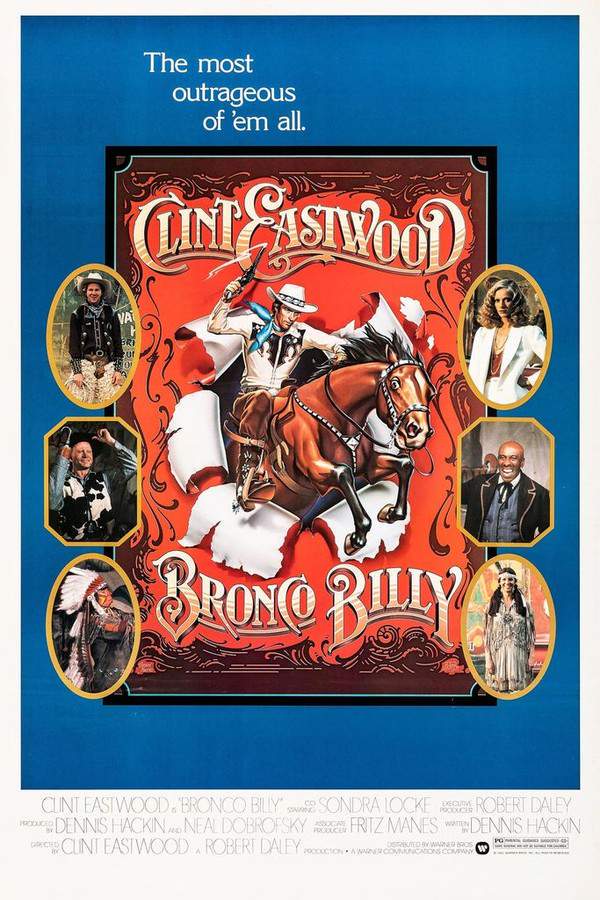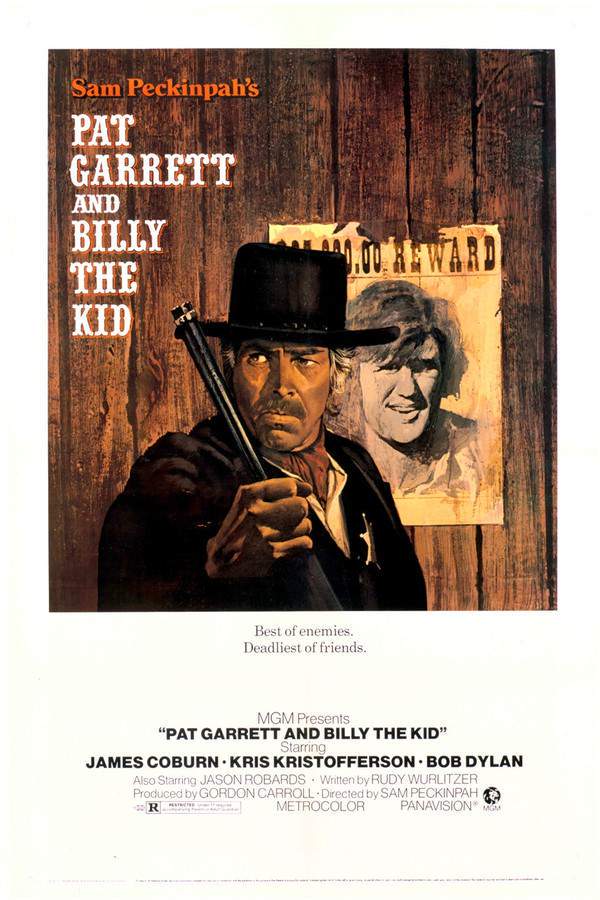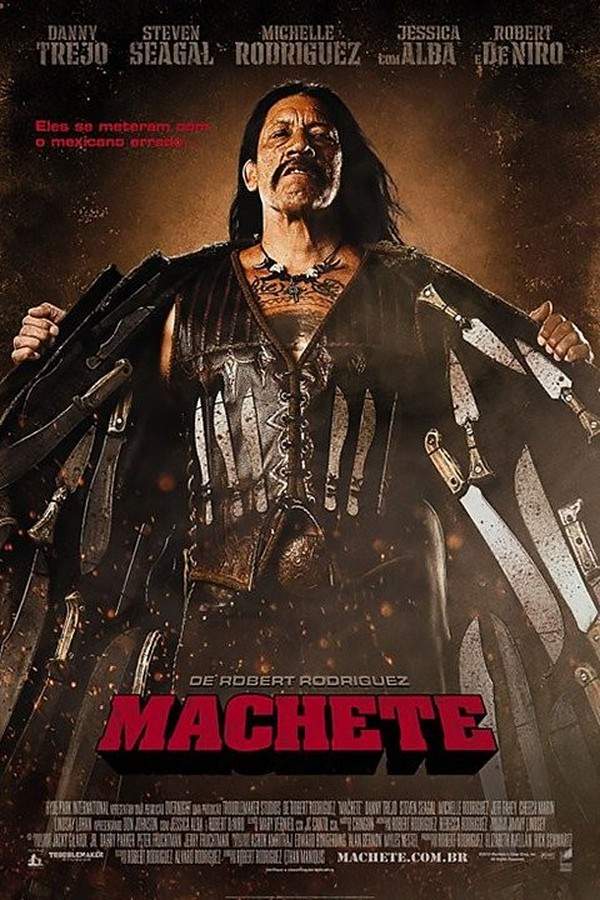
Billy Jack Plot Summary
Read the complete plot summary and ending explained for Billy Jack (1971). From turning points to emotional moments, uncover what really happened and why it matters.
Set in the late 1960s, Billy Jack is a complex character who embodies the struggles of identity and peace. He is a half-white, half-Indian ex-Green Beret Vietnam veteran turned pacifist and skilled Hapkido practitioner. After reconnecting with his Native American heritage, he returns from war to a reservation near a conservative town in Arizona. Here, he swiftly becomes the guardian of the wild mustangs and the innovative Freedom School, which is led by Jean Roberts alongside the Native community.
Conflict arises as Billy underscores his commitment to protect the school from the prejudiced local Sheriff Stuart Posner, his son Bernard, and Deputy Sheriff Mike. The latter is grappling with family turmoil as his pregnant 15-year-old daughter, Barbara, flees from her abusive father in Haight-Ashbury, only to return home and face further violence. When Billy meets her asleep in a field, he takes her to safety within the teaching environment of the Freedom School.
Initially, Bernard might appear sympathetic when he refrains from succumbing to his father’s wishes of capturing the mustangs for dog food. However, a darker side soon emerges as he resorts to harassing the female students and violently tormenting his peers, particularly the Native American children. In a tragic turn, he assaults Jean and ultimately murders Martin, a kind-hearted Native American who had shown Barbara paths to love beyond physical intimacy. Bernard’s attempts to earn his father’s pride underscore a troubling cycle of identity and dysfunction.
As tensions escalate, it becomes clear that Deputy Mike and the Posners, along with many townsfolk, harbor deep-seated hatred towards both people of color and peace-minded whites. This growing animosity intensifies when the Freedom School is revealed to support at-risk youth from various backgrounds while defying traditional educational norms.
Following the brutal events, including Martin’s death and Jean’s assault, Billy Jack confronts Bernard in a seedy hotel, only to be met with violence. In a moment of self-defense, Billy Jack ends Bernard’s life with a decisive karate chop after forcing the young girl he was exploiting to leave.
In the aftermath, Billy and Barbara seek refuge in an abandoned church. A harrowing shootout with the law takes place, culminating in Deputy Mike’s death and Billy sustaining a gunshot wound. After a night of concealment, Billy chooses to surrender, laying out terms for the Freedom School’s protection. He negotiates that it be allowed to operate for the next decade without interference, that Jean becomes Barbara’s legal guardian, and that the governor’s office will hold annual progress conferences on the institution.
The terms receive approval, and with heartfelt farewells shared with Jean, Billy Jack accepts his fate. As he is taken away, the children from the Freedom School gather outside, expressing their support for Billy, raising their fists in solidarity while shedding tears for a man who fought not just for justice, but for love and understanding amidst a world filled with hatred.
Billy Jack Timeline
Follow the complete movie timeline of Billy Jack (1971) with every major event in chronological order. Great for understanding complex plots and story progression.
Billy Jack's Return
In the late 1960s, Billy Jack returns to a reservation in Arizona after serving as a Green Beret in Vietnam. This marks his reconnection with his Native American heritage and sets the stage for his ongoing struggle for peace and identity.
Guardianship of the Freedom School
Billy Jack quickly becomes the guardian of the Freedom School, an innovative learning environment run by Jean Roberts and the Native community. This establishment serves as a safe haven for at-risk youth and promotes a philosophy of acceptance and non-violence.
Conflict with Sheriff Posner
Tensions rise as Billy Jack confronts Sheriff Stuart Posner, who holds prejudiced views against the Native community and the Freedom School. Their conflict highlights the pervasive discrimination faced by Billy and the students of the school.
Barbara's Escape
Deputy Sheriff Mike's daughter, Barbara, flees from her abusive home in Haight-Ashbury. When she arrives at the Freedom School, Billy Jack finds her asleep in a field and brings her into a safer environment where she can heal and learn.
Bernard's Duality
Initially perceived as sympathetic, Bernard, Sheriff Posner's son, reveals a darker side as he begins harassing students at the Freedom School. This showcases the troubling cycle of identity and dysfunction within the Posner family.
Martin's Kindness and Tragedy
Martin, a compassionate Native American character, attempts to show Barbara a healthier approach to love. Tragically, Bernard's violent behavior leads to Martin's senseless murder, deepening the wounds of the community.
Escalating Violence
As tensions escalate, Deputy Mike and the Posners' animosity towards people of color and peaceful individuals intensifies. The growing violence against the Freedom School underscores the cultural clash in the community.
Confrontation with Bernard
Billy Jack confronts Bernard in a hotel after a series of brutal events, including Jean's assault. In a moment of self-defense, Billy Jack fatally injures Bernard to protect the young girl he was exploiting, showcasing a tragic end to the cycle of violence.
The Shootout
Following Bernard's death, Billy and Barbara take refuge in an abandoned church. The situation escalates into a shootout with the law, resulting in Mike's death and leaving Billy injured, further illustrating the struggles between law enforcement and community protectors.
Billy's Surrender
After enduring the aftermath of violence, Billy decides to surrender to the authorities to negotiate terms for the future of the Freedom School. His selflessness highlights his commitment to ensuring the school's safety and its mission.
Negotiations for Freedom School
During his surrender, Billy lays out terms that allow the Freedom School to operate for the next decade without interference. These terms are significant as they reflect a hard-won victory for Billy and the community he cares for.
Farewell and Solidarity
Billy shares heartfelt goodbyes with Jean as he prepares for his fate. The children from the Freedom School gather outside, showing their solidarity by raising their fists and shedding tears, a testament to Billy's impact on their lives and message of love amidst hate.
Billy Jack Characters
Explore all characters from Billy Jack (1971). Get detailed profiles with their roles, arcs, and key relationships explained.
Billy Jack
Billy Jack is a complex character emblematic of the fight for peace and identity. As a half-white, half-Native American veteran, he embodies the conflict between his past and present while actively seeking to protect the Freedom School and its students from societal prejudice.
Barbara
Barbara is a young girl caught in a cycle of family violence and abuse. Her character illustrates the vulnerabilities faced by youth, as well as the potential for healing when placed in a safe environment, like the Freedom School.
Jean Roberts
Jean is the leader of the Freedom School, a character who represents strength and nurturing within the community. She embodies the ideals of progressive education and dedicated care for at-risk youth, facing violent adversities with resilience.
Deputy Mike
Deputy Mike struggles with familial issues and represents the conflicted nature of law enforcement in the film. His character adds a layer of complexity, showcasing both the personal and societal challenges faced by those in positions of authority.
Billy Jack Settings
Learn where and when Billy Jack (1971) takes place. Explore the film’s settings, era, and how they shape the narrative.
Time period
Late 1960s
The late 1960s was a time of social upheaval in the United States, marked by movements for civil rights, peace, and against the Vietnam War. This period is reflected in the film's themes of identity, tolerance, and resistance against prejudice.
Location
Arizona, Haight-Ashbury
The movie is set in Arizona, where the conservative town clashed with the ideals of the Freedom School. Haight-Ashbury, known for its counterculture movements in the 1960s, serves as a backdrop for family turmoil, symbolizing the societal struggles of the time.
Billy Jack Themes
Discover the main themes in Billy Jack (1971). Analyze the deeper meanings, emotional layers, and social commentary behind the film.
✊
Social Justice
The film explores the theme of social justice through Billy Jack's fight against racism and his defense of the Freedom School. It portrays the struggle for equality and the protection of marginalized communities against systemic violence and oppression.
👥
Identity Struggles
Billy Jack's dual heritage and his journey towards embracing his Native American identity highlight the theme of personal struggle with cultural identity. The film presents a microcosm of broader societal conflicts between different races and backgrounds.
❤️
Compassion and Protection
Compassion emerges as a pivotal theme as Billy Jack protects vulnerable youth, like Barbara, from violence and abuse. His actions reflect the importance of love and understanding in combating hate and fostering a safe community.
Movies with Similar Twists and Themes
Uncover films that echo the narrative beats, emotional arcs, or dramatic twists of the one you're exploring. These recommendations are handpicked based on story depth, thematic resonance, and spoiler-worthy moments — perfect for fans who crave more of the same intrigue.
Featured on this page

What's After the Movie?
Not sure whether to stay after the credits? Find out!
Explore Our Movie Platform
New Movie Releases (2025)
Famous Movie Actors
Top Film Production Studios
Movie Plot Summaries & Endings
Major Movie Awards & Winners
Best Concert Films & Music Documentaries
© 2025 What's After the Movie. All rights reserved.













